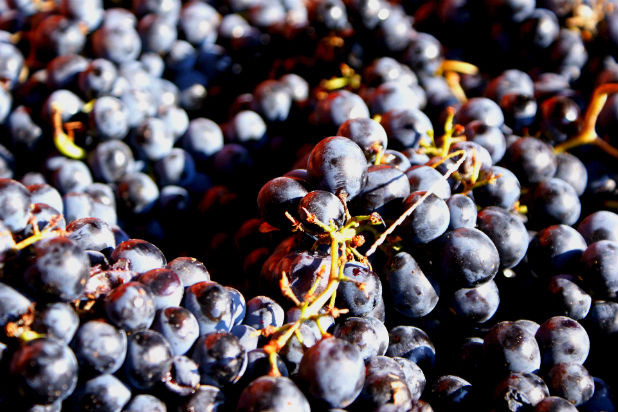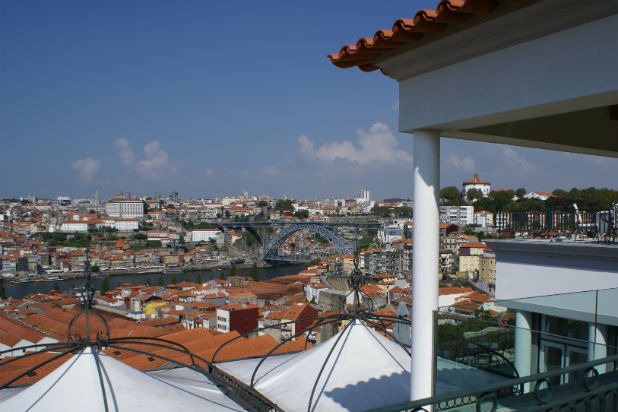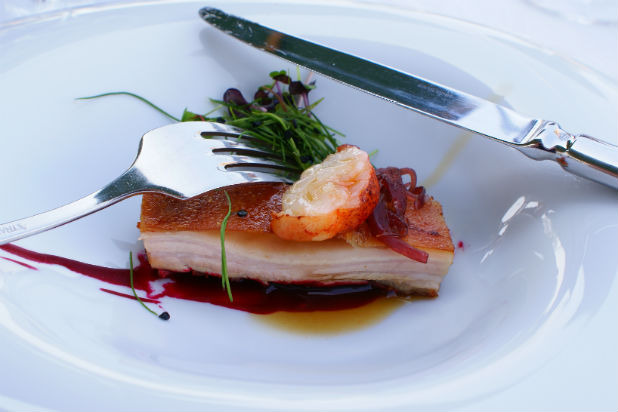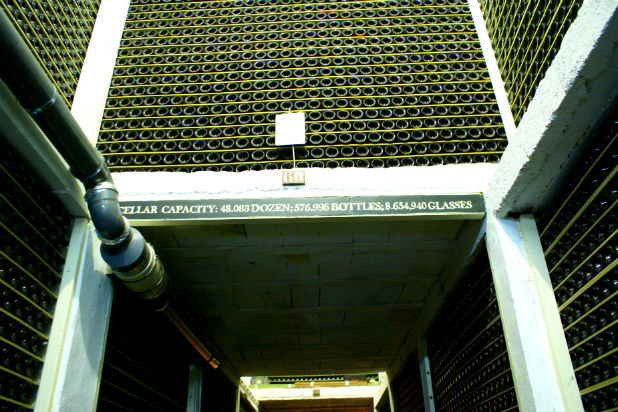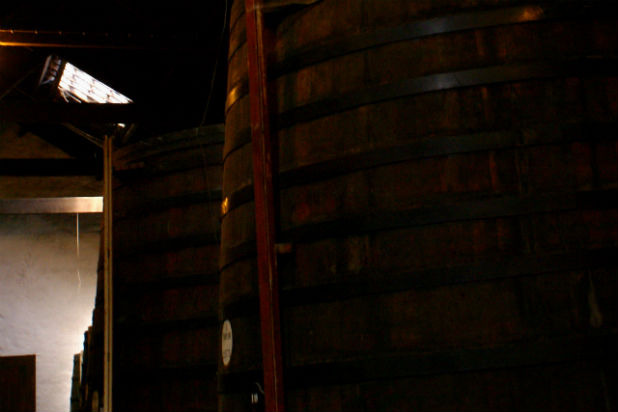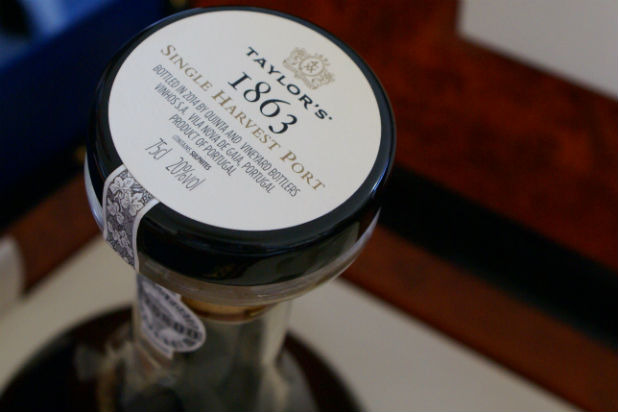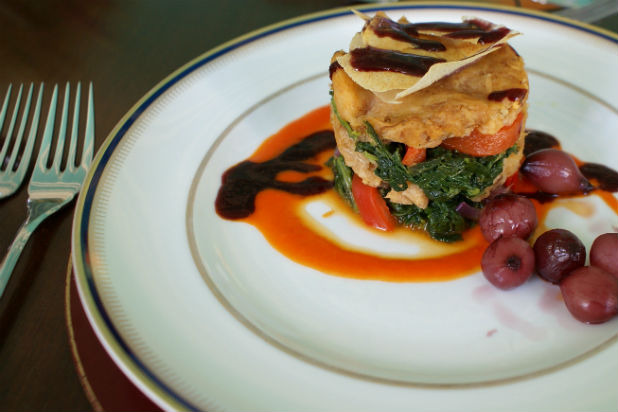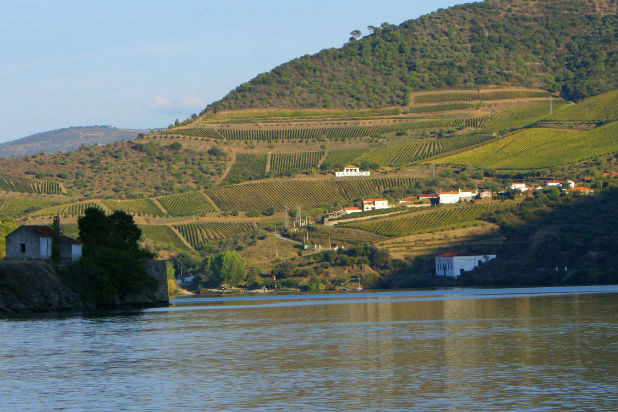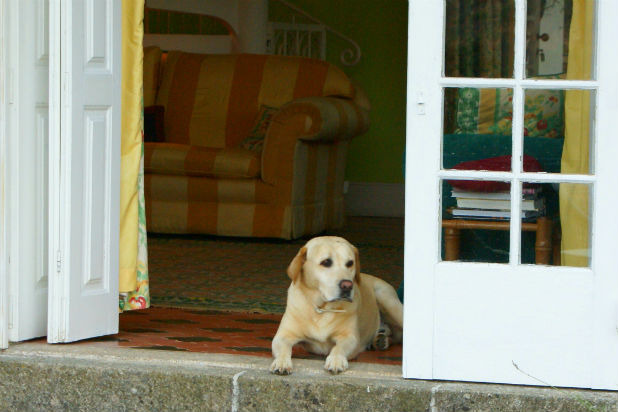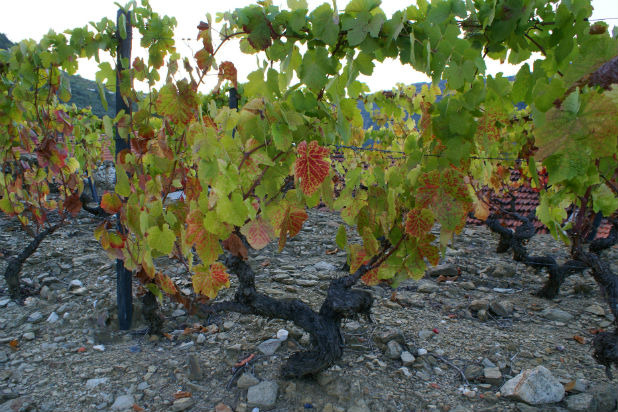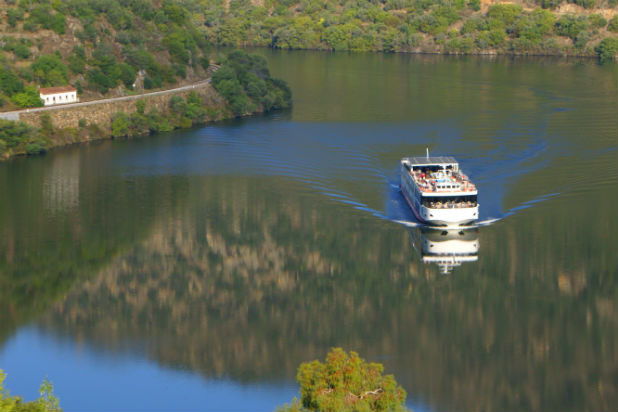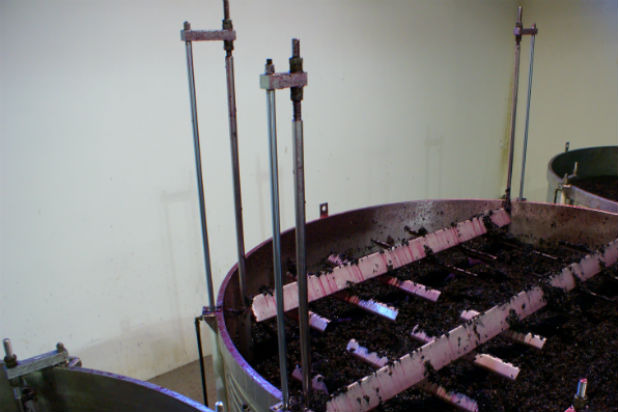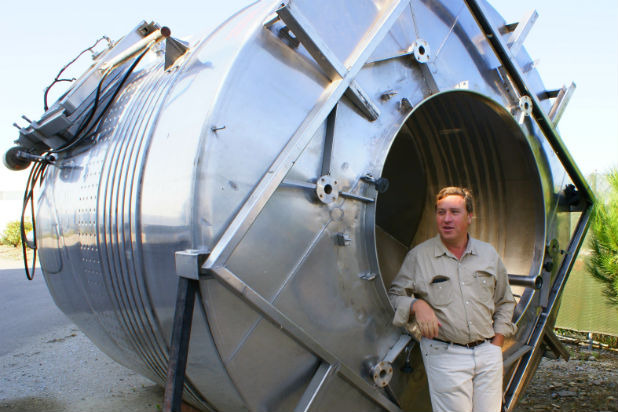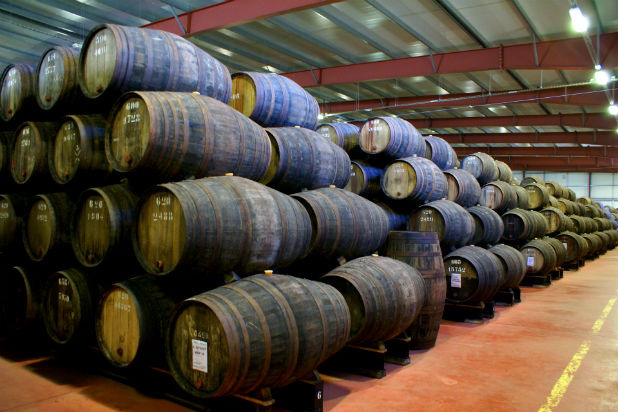Up And Down The Douro
Beginning in the 1700s, British wine traders built the Port business here, locating huge warehouses in Gaia where the young, tannic red wines, whose fermentation has been halted by a liberal application of unflavored grape brandy, are still blended and sometimes aged. Here, they become rubies, vintages, tawnies, or other iterations, some aged in the bottle and others in huge, ancient, wooden vats or smaller barrels.
Soft Landing at the Yeatman
The car from the airport lets me off at The Yeatman, Porto's truly world-class hotel with all the amenities plus the best views of the city and of the Port warehouses from its perch on the Gaia hilltop. Each of its 82 rooms bears the name of a Portuguese winery.
Rising Michelin Star
I arrive in time for lunch on the patio overlooking the city. Chef Ricardo Costa has garnered a Michelin star, and his presentations look as great as they taste. An accompanying bottle or two of Taylor Fladgate's Chip Dry white Port helps me alleviate any jets that have been lagging.
Bottle Shock!
Across the lane from the hotel is the Taylor warehouse, whose bar, restaurant, and cellars are open to visitors. Our guide points to the cellar's capacity of a half-million or so bottles. Port may either be filtered with no bottle sediment, such as a tawny, or unfiltered to age as a vintage.
Roll Out the Barrels
Much of Port is aged in huge aged wooden vats in dirt-floored cellars with small, gaping skylights that have changed little over the centuries. The humidity from the nearby ocean is ideal for aging. Taylor maintains a staff of five coopers to keep barrels from leaking precious cargo.
Bridge with a Viewpoint
Adrian Bridge heads Fladgate Partnership and its brands. One evening he takes us for dinner to the Port House, which he calls a "museum" to the vanished, clubby way of life that was once the Port trade. The next morning, we sample a few dozen Ports in the company's tasting room.
Across the Centuries
The gem of the tasting is a 1863 single harvest tawny Port, made during America's Civil War and just released in America through Kobrand. It is rich and luscious with great acidity and forward flavors of figs, other dried fruits and molasses — an amazing sipper.
Fortified & Portified
Before departing for the long, over-the-mountains drive up the Douro, we are fortified with more elegant food, this time from the Taylor restaurant, and Portified with more Chip Dry and an aged tawny or two, which goes very well with a variety of foods.
Vineyards of Vargellas
The historic Vargellas quinta — as small farms are called here —is Taylor Fladgate's jewel. Its vines sprawl across the upper Douro hillsides, lying closer to the Spanish border than to Porto. When a classic vintage Port is not declared, there is often a very worthy vintage Vargellas.
Dog in Residence
We are first greeted at Vargellas' sprawling guesthouse by Bond — James Bond — and then by former Fladgate Chairman, Alistair Robertson, and his wife, Gillyane, famous for her hospitality and her Chip Dry-and-tonic cocktails with a sprig of eau-de-cologne mint that await us.
After the Harvest
All the grapes — traditionally a mix of Portuguese varieties — have just been harvested. At Vargellas and some other quintas that produce vintage Port, grapes are still trod by many feet in large granite basins called lagars, a gentle method for extracting color and juice.
Booze Cruise
Years ago, freshly made wine was ferried down the treacherous Douro to Gaia in small boats. Today, cruise ships bring tourists up the Douro, such as this one we see the next morning. While ideal for cruising, the passage through a series of locks is too slow for transportation.
Toes without Feet
At Quinta da Nogueira, we see in action one of the machines made to approximate food treading, here used for making premium Ports. David Guimaraens, who oversees all of Fladgate's winemaking, says, "Foot treading is the reference, but it is not necessarily better."
Museum Piece
Outside, Guimaraens shows us one of the early versions of machines he helped design to replace foot treading. Although still used for grapes that may make a vintage, treading is slow, expensive and exhaustive to workers who pick during the day and stomp in the evenings.
Pipe Dreams
Although most Port is still aged in the humidity of Gaia, some warehouses such as this one at Nogueira have moved upstream with built-in humidifiers. Called "pipes," the barrels cradle a slumbering Port that will some year find itself in a bottle being opened in some distant land.
